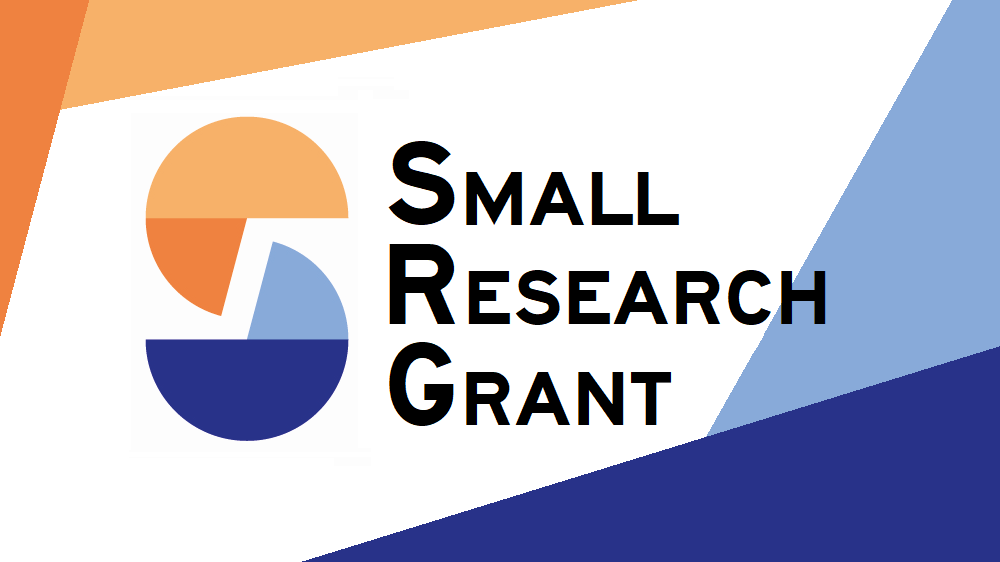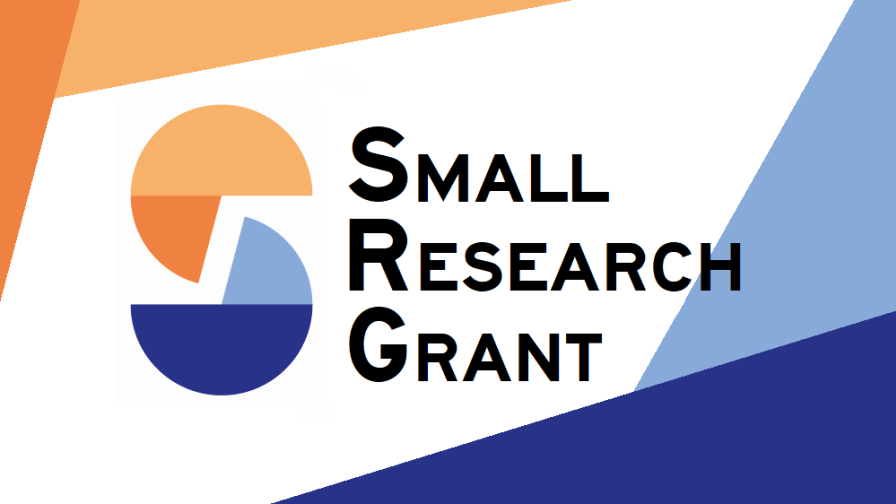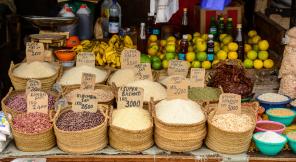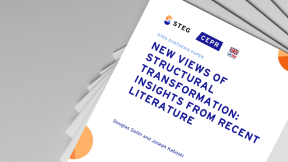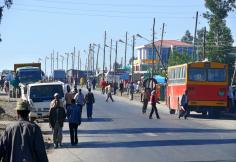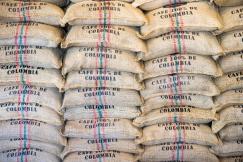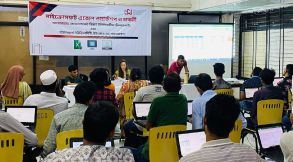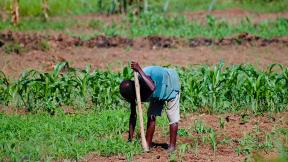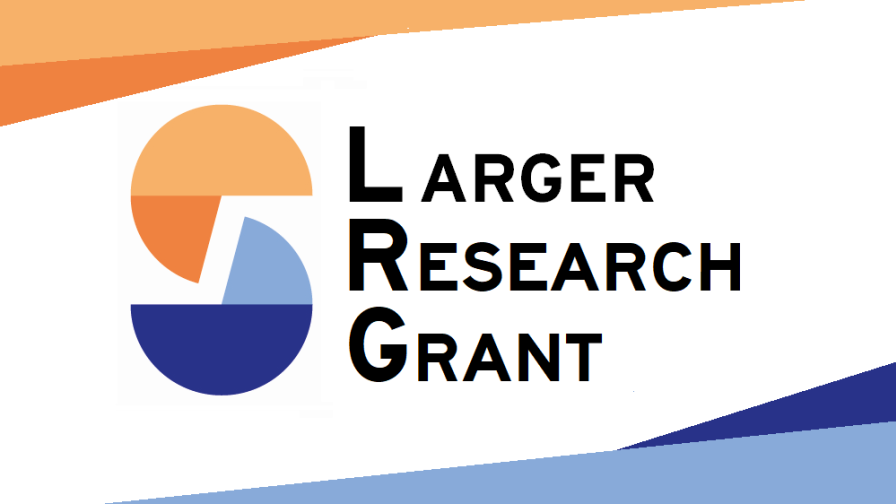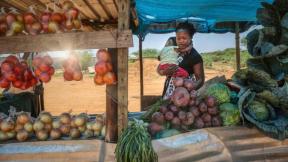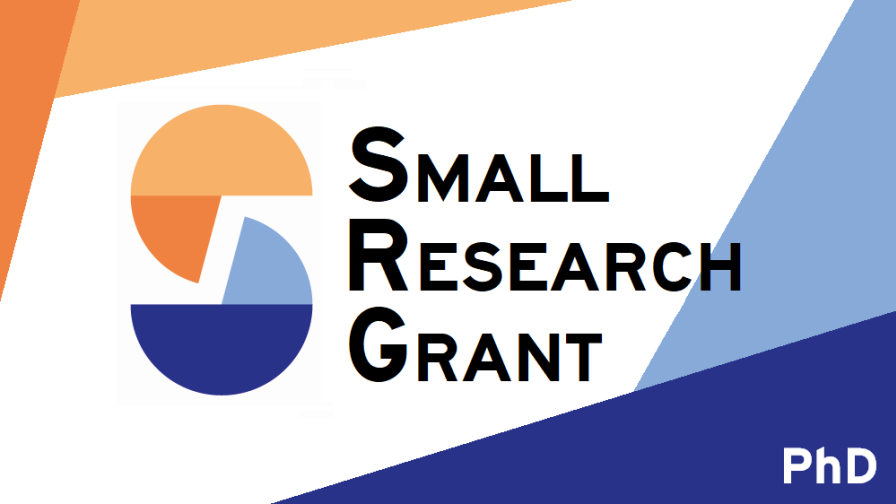As economies transform, workers tend to exit agriculture and migrate to cities. Fewer people grow their own food, and food retail markets in urban areas become central to consumer welfare. How do these markets function? How competitive are they? Do food prices and availability vary across neighbourhoods in ways that affect consumer wellbeing? This study represents the first step in a broad research project to address these and other questions about food markets in a rapidly urbanising area of Sub-Saharan Africa.
The researchers conduct a census of all retailers in Mwanza, Tanzania that sell at least one of four staple food items: rice, maize flour, cooking oil, and dried sardines. Mwanza is the second-largest city in Tanzania and the sixth-fastest growing city in the world. It is home to large communities of migrants, all of whom purchase food locally. The census survey, which included over 2,000 retailers, covered the product varieties sold by each retailer, the available purchase quantities, and the price for each quantity. The research team then returned to conduct a more detailed follow-up survey with 400 of the census retailers. The resulting data set fully characterises the distribution of food prices across locations, varieties, and purchase quantities, and provides an in depth view into how these retailers make stocking and pricing decisions.
This study has multiple channels of potential policy impact. Descriptive insights from the price census will help policymakers and donors understand variation in food prices, potentially revealing important and previously undocumented differences in food access by location or product variety. Given the large sizes of the populations across Sub-Saharan Africa that rely on urban markets for food, any inefficiencies in price transmission have significant welfare implications. The researchers will also analyse price schedules at the seller level, to characterise the extent and degree of bulk discounts available to consumers. That analysis will advance the research literature on whether poorer households pay more for food because they are less able than wealthier households to purchase and store bulk quantities.
